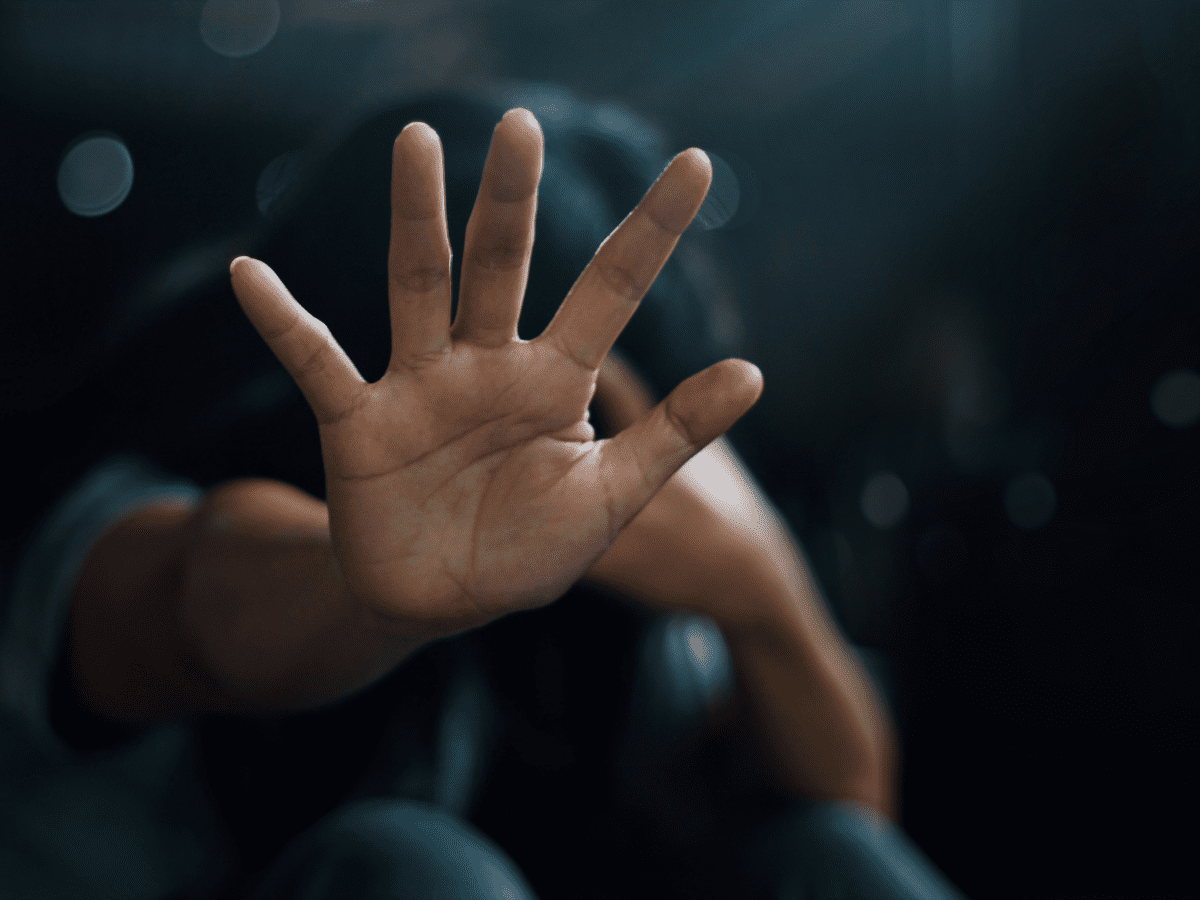Mysticism and psychic encounters are in the fabric of our humanity. History is full of inspiring mystics like the Oracle at Delphi, Hildegard von Bingen, Dion Fortune, Pamela Colman Smith, and Rosaleen Norton. For many Pagans and Witches for whom the world is numinous, alive, and inspirited, connecting with spirits, human and otherwise, alive and dead, is part of our magical and devotional practices and everyday life.
We accept that we can use psychic abilities, travel in the astral realm, and embrace all the positive potential these can bring, such as connecting with benevolent spirits, healing, and protection. Conversely, we can’t dismiss the grey areas and their malevolent and dangerous possibilities. People and spirits come in all flavours, and psychic abilities are tools that can contribute to creative or destructive outcomes.
Psychic attacks
The million-dollar question is, “How can you tell?” How can you tell whether a person is suffering from a psychic attack or a psychotic disorder?
Discernment is one of the most challenging skills to develop and a vital part of The Work we do to know ourselves, grow, and live in accordance with our True Will (Higher Self, spiritual destiny, whatever you call it). If you still need to develop a discernment process, I encourage you.
Developing a discernment process
Here are some practical steps to consider when developing a discernment process.
Educate yourself
Deepen your understanding of psychic phenomena, magical practices, and the astral plane. Education can empower you to distinguish between spiritual experiences and potential mental health challenges.
Spiritual practices
Many inexperienced people want to run before they learn to walk. Engage in spiritual practices that promote grounding and centring. Meditation, prayer, or rituals can contribute to a sense of inner peace and resilience against perceived psychic attacks. Cleansing and shielding are also essential skills.
Self-reflection
Before attributing experiences to psychic attacks or astral assaults, engage in honest self-reflection. Consider personal stressors, emotional challenges, or past traumas that might influence your perception.
Journal
Record your experiences. It’s one of the best ways to find patterns and help verify or confirm information. For example, when I lived in Miami and attended spiritual masses, someone always wrote down the channelled information. I took mine home and put it in my journal. Maybe it resonated or didn’t, but I paid more attention to it weeks, months, or years later if I heard it again from an unrelated source. I’d be more likely to act on it if I heard it a third time from yet another source.
Community support
Isolation and rejection can contribute to feelings of distress and exacerbate mental health challenges. Connect with like-minded individuals or spiritual communities. Sharing experiences with others who understand or have faced similar situations can provide a sense of support, belonging, and understanding.
I write this with some apprehension because I know there’s much on the social web, and it’s not always good. It is possible to find support from strangers online, but tread cautiously; what appears to be support is sometimes fuel for the fire.
Seek professional guidance
You could consult your spiritual advisor, but consider consulting a mental health professional. A therapist or psychologist can help you differentiate between spiritual experiences and mental health concerns and offer therapeutic approaches to assist individuals in understanding and managing their experiences.
It may take work to find the right professional. Our culture is inclined to pathologise these experiences, interpreting them as symptoms of psychiatric conditions.
Varieties of voice-hearing
In 2016, a Yale team published a study on psychics and other people who hear voices but are not diagnosed with a mental illness. The difference between them is that psychics are more likely to perceive the voices as positive or helpful and as experiences they can control. Meanwhile, people with psychosis are tormented by the voices they hear.
A holistic approach
When navigating the mental and spiritual realms of magic, psychic abilities, and the astral plane, we must approach challenges with a nuanced perspective. While historical and cultural examples offer insights and inspiration, a modern approach must integrate mental health considerations.
By practising good spiritual hygiene, continuing to learn, embracing self-reflection, fostering community connections, and seeking professional support, we can find a balanced and thoughtful approach to address perceived psychic attacks while prioritising mental and spiritual wellbeing.
If you or someone you know is struggling or in crisis, please seek professional help. If you’re in Australia, visit beyondblue.org.au. If you’re in the US, visit 988lifeline.org.

